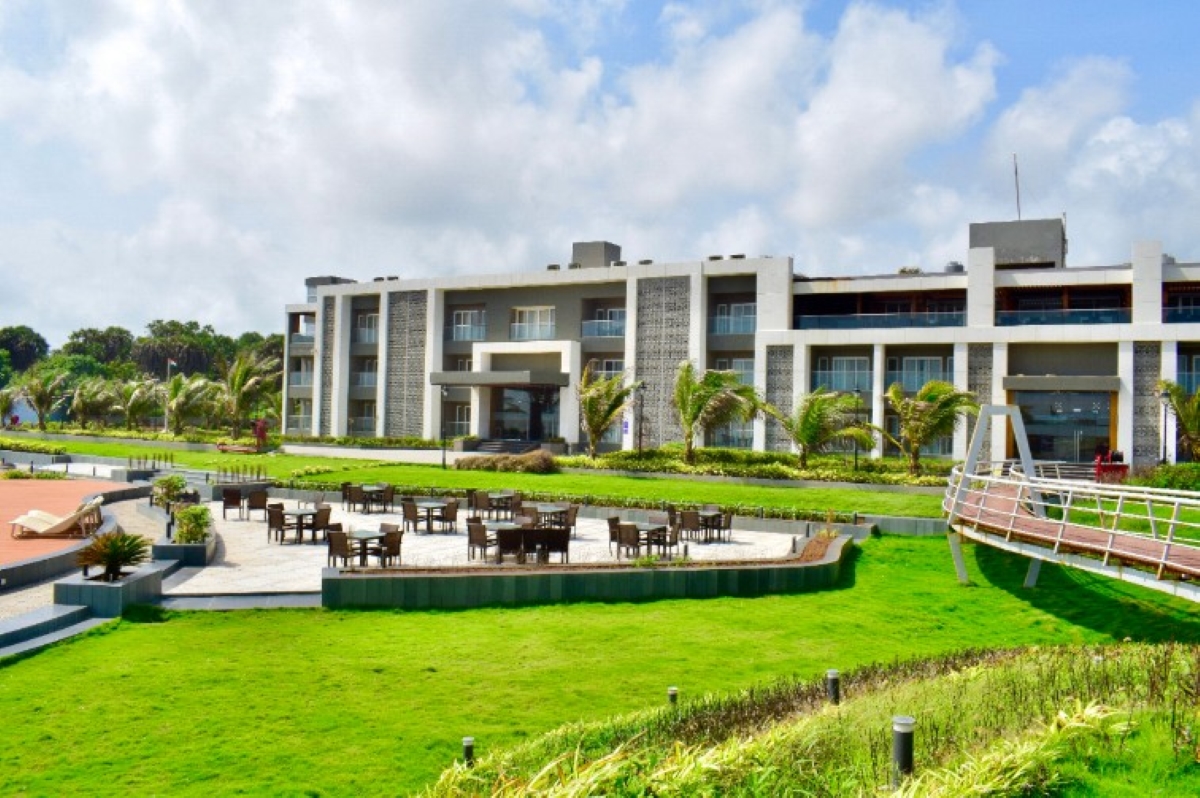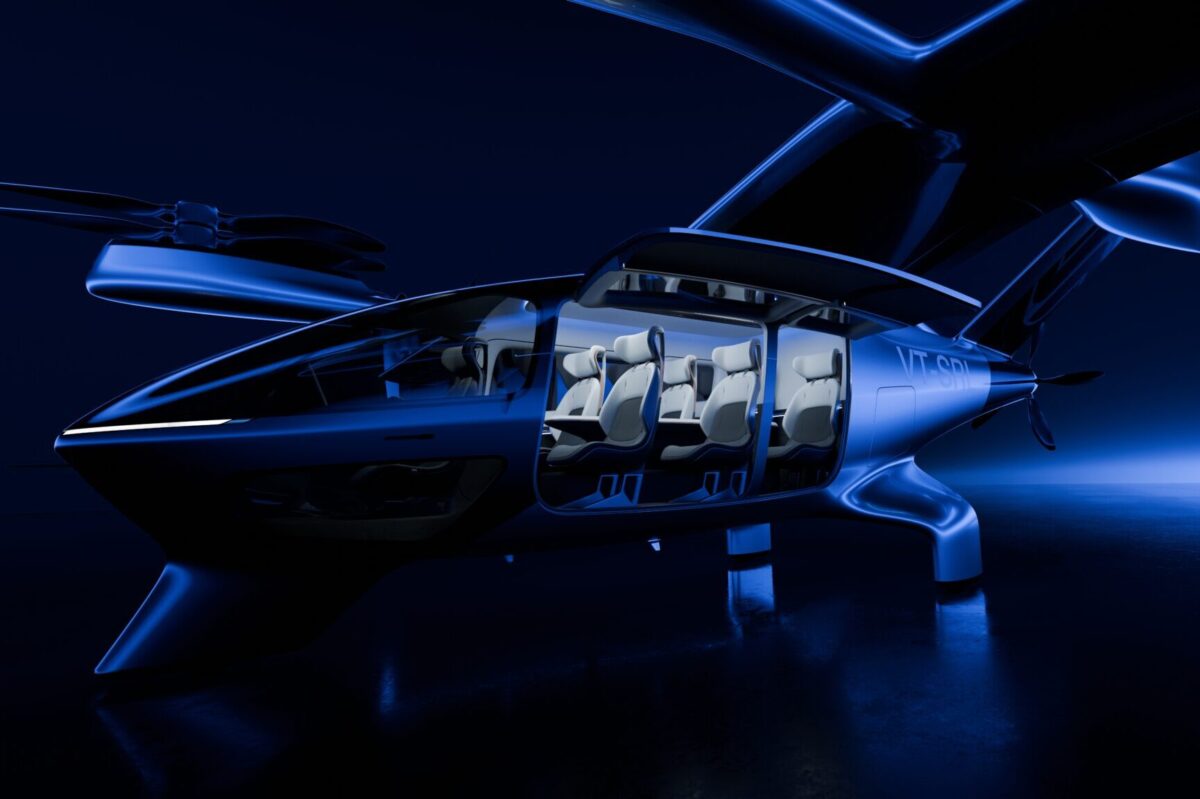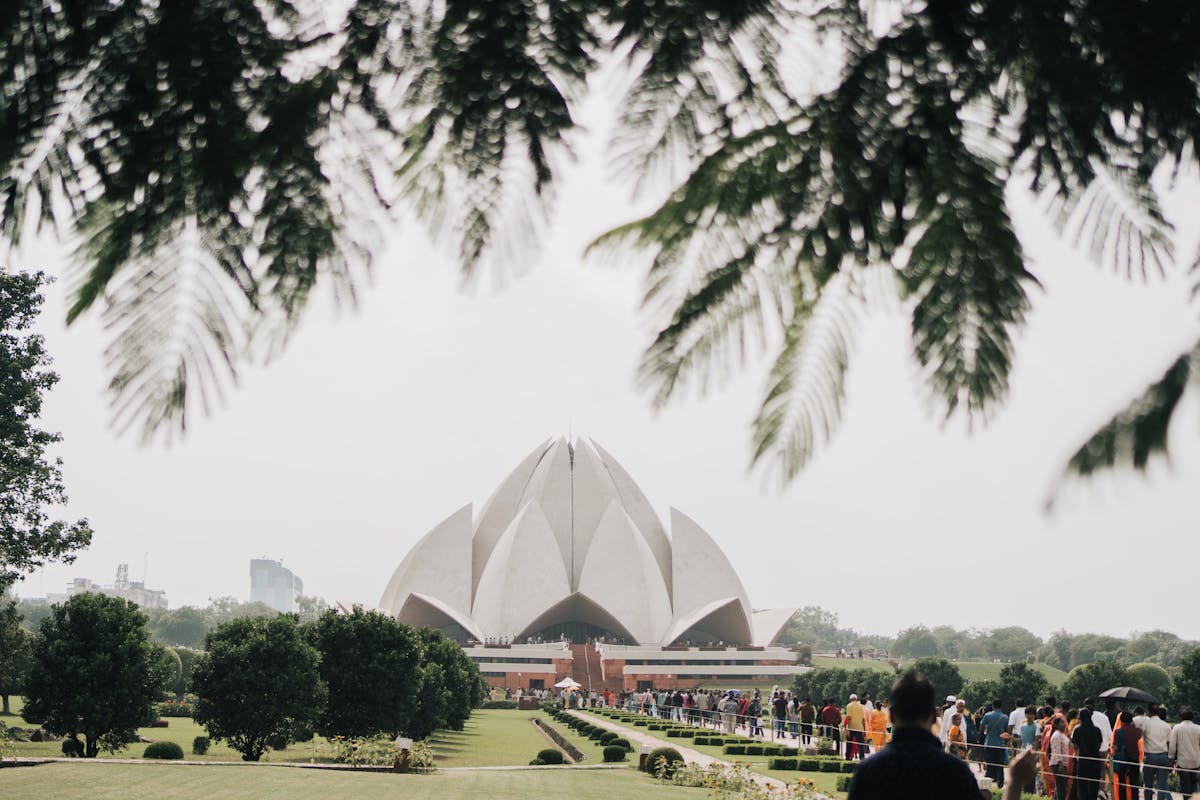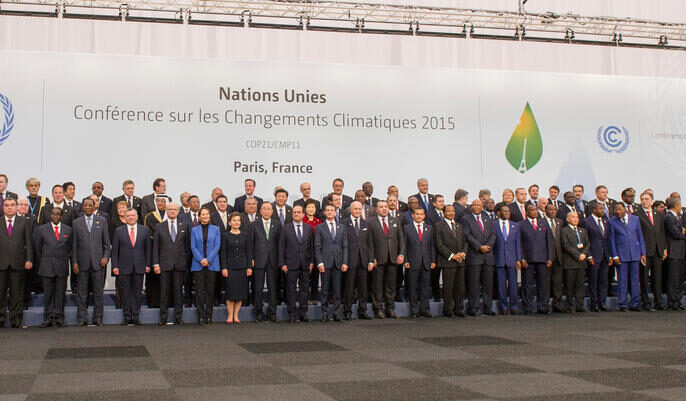10 Ways the Hospitality Industry Can Keep From Being Lazy

Skift Take
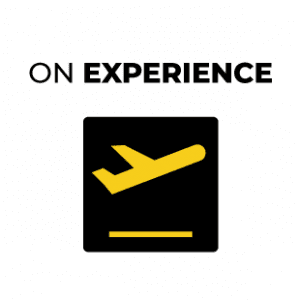
On Experience
Colin Nagy is a marketing strategist and writes on customer-centric experiences and innovation across the luxury sector, hotels, aviation, and beyond. You can read all of his writing here.It is always important to keep track of the 40,000-foot macro trends in hospitality, but based on my observations over the last year, here are 10 more direct, tactical calls-to-action for the industry that can help improve how people are hired, how wellness is integrated into the offering and cut down on plastic usage.
A key theme here is also breaking out of the imposed silos that large bureaucracies and global bureaucracies can create and go see how other people are doing things. And finally, being generous with knowledge sharing across contemporaries in the industry is hugely important, and can only lead to better places and better experiences for the industry. Not everything needs to be in a lockbox.
Break Out of Self-Imposed Silos
Employees of the hospitality industry, particularly hotels and airlines, needs to do much better in getting out and experiencing other products. I get the sense that people are used to their employee stays and flights, and some of the people responsible for crafting experiences aren’t out in the wild enough, seeing the innovators and actually deeply experiencing other products. Curiosity will help elevate experiences for all and will serve as a jolt of inspiration.
Get Better at Knowledge Sharing
Around the same theme, all industries need to be better at sharing best practices when it comes to things like sustainability. I’m heartened by the approach of Six Senses. Bernard Bohnenberger, the president of the brand, told me that he actively encourages sustainability teams from their properties to go out into the market and share what they are doing with other brands. This generosity is the right idea and can lead to a larger collective impact, particularly in more remote resort areas.
Look Beyond Western Players
The U.S. market is embracing a new hostel-esque approach to courting millennial travelers away from Airbnb. Brands like Freehand are combining great art direction with affordable pricing. But we shouldn’t be looking at just western brands for innovation. The Japanese hotel brand Hoshino just rolled out a property called OMO, which combines playful Japanese design with a more affordable approach. Rooms have lofted bedrooms, opening up and making strong use of the space. There’s easy check in and check out, and a communal area that serves as a hub for neighborhood exploration. Most interestingly, they run a program called OMO rangers, where guides from the hotel take you out into the surrounding neighborhood to explore places that would fall off the radar of even the savviest Tokyo traveler. The location is smart, as well. Its outside of the larger, more expensive hubs in Tokyo but is an easy walk to the Yamanote line and 15 minutes into Shinjuku. More people need to wake up to the power of this model, and this is a great example of strong execution in the space.
Reclaim Private Space
Hotels are getting more integrated with the neighborhoods that they serve, and this is a very good thing. I have long argued that hotels need to be neighborhood diplomats and serve locals as well as they do their guests. But it is interesting to see that some hotels are preserving some private areas for guests, to preserve some of the prestige of their hotels. This has long been the case with the celeb-centric Greenwich Hotel’s back bar, or something like the "Quiet Room" in the Kimpton Monaco in Portland, recently highlighted by the Times. It is used by guests to meditate, read, or just have a moment of privacy in the day. Certain places at the Crosby Street Hotel in New York are guests only, and when you’re paying good money for a stay, sometimes little moments of spatial exclusivity can be a nice touch.
Assess the Amenities Glut
Large consumer packaged good brands are trying to re-evaluate how much plastic they are using, and how some of their iconic products could be presented in a re-usable way. There needs to be a significant wake-up call for all of the travel world to really look at how much plastic is being used. Frequent fliers accumulate a ton of amenity bags that get binned quickly, whereas the right approach is providing plastic items in the bathrooms (like Qatar does with toothbrushes) or some items upon request as Japan Air Lines does. I was heartened to see the Four Seasons Chiang Mai getting a lot of things right on this end. Their in-room amenities were in beautifully presented containers but allowed the soap, lotion, and shampoo to be re-filled, and their water bottles were re-usable glass, with pop-off lids. Again, they were wrapped and presented nicely, but the extra touch of thinking about waste goes a long way. Max Musto, the hotel's general manager, told me that they are evaluating every touchpoint to see how they can improve, all the way down to sourcing a more sustainable water bottle top in the gym.
Make Wellness More Quantified
Wellness is going to continue to be quantified. Wellness pioneer at Six Senses, Anna Bjurstam, told me that they have very detailed data on all of their massage therapists across the brand, based on abilities, customer feedback, and regional demand, allowing them to route cult therapists to the right location in the right season. “We’re matchmaking with the appropriate properties at the appropriate time, she says. “There’s a tangible feedback loop.” In addition, the brand is getting into assessing biomarkers, and “getting deeper than the things you’re getting at the doctor.” But it is up to guests how deep they want to go. “We don’t force anybody, it is up to the guest and their preferences as to how they engage,” says Bjurstam.
Reboot the Music
So much of hospitality is in the intangibles. It's not always about the space, it is the feel of the space, the textures, and also the mood. Music in many hotels still strikes me as incongruent. I was having a 7 am coffee at an unnamed hotel, to a soundtrack better suited to 3 am revelry in 1998. Really focusing on the sounds and the way your property is personified is important. Liz Lambert at Bunkhouse is a master at this, even publishing the playlists for each of her properties on Spotify. Each one has a very unique voice, and it is clear there’s a huge effort that goes into all.
Make Guests Smarter
A lot of well-heeled guests can go wherever and do whatever they like. The real social capital comes with connecting them to the right people or making them smarter. So watch for hotels to really up their programming game, on par with what Neuehouse or Soho House tries to do, to make readings, talks, and commentary an occasion to gather, learn and meet other people
Re-Think Social Dining
I'm inspired by Park Hyatt Abu Dhabi's "Social Table" initiative, which seeks to take solo travelers or those seeking to meet others, and gathers them around a social table for a dinner in which the chef participates with the guests. They learn about how all ingredients are sourced and the hotel also integrates the local art community, bringing in Emirati artists to add cultural depth to the conversation.
Sell the Global Mobility of Hospitality Jobs Better
Employees of groups like Four Seasons have a passport to an interesting, international career. When you talk to general managers who have stayed with a brand, their journey looks not unlike that of a diplomat. It is a way to have a global, meaningful and interesting career. I think that hotel brands need to do a better job selling this macro trajectory, especially in a tight labor market. What other careers can take you around the world so readily?

